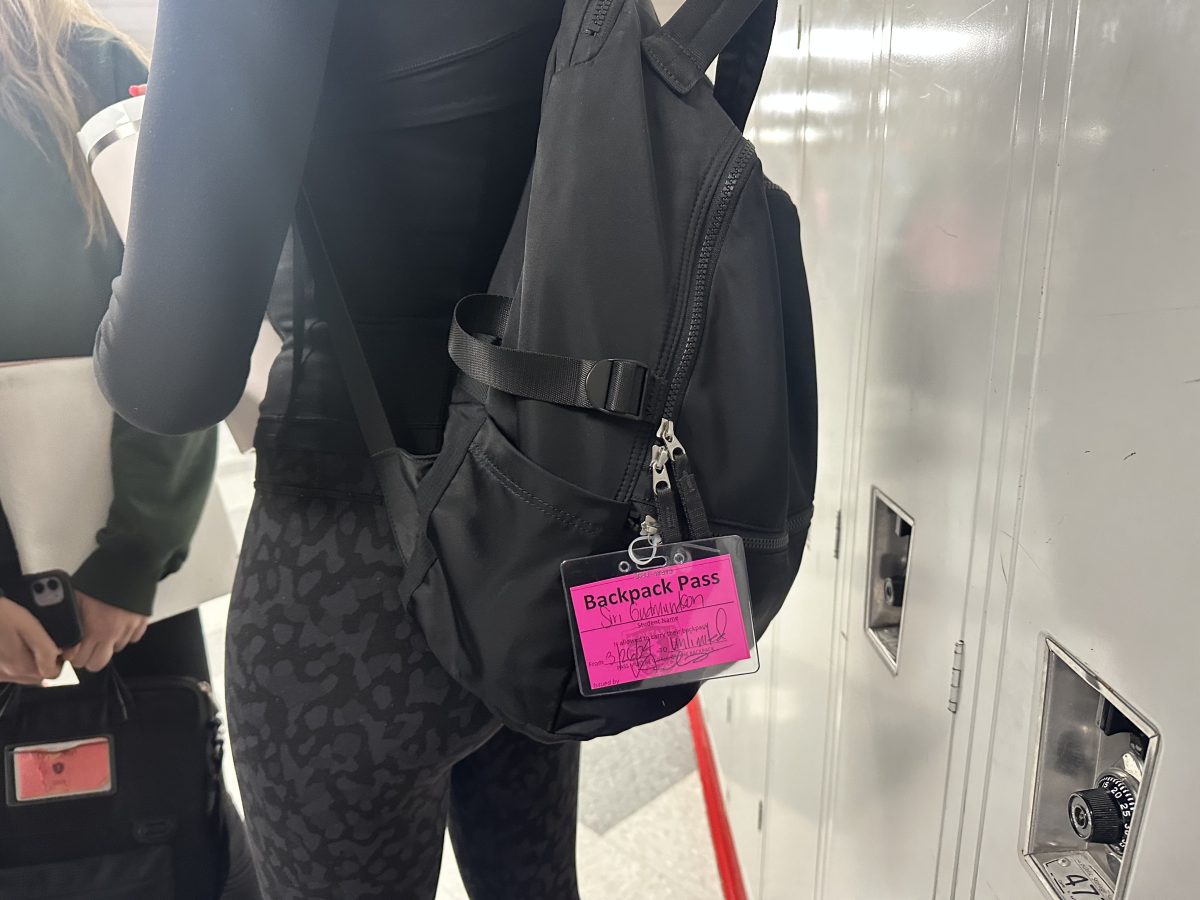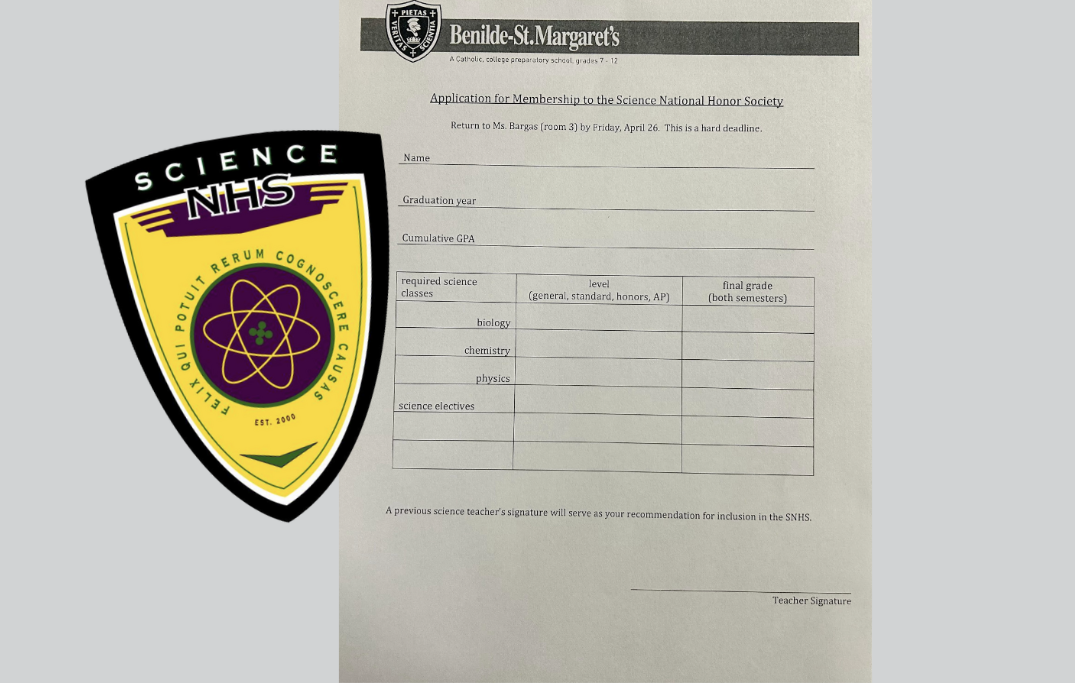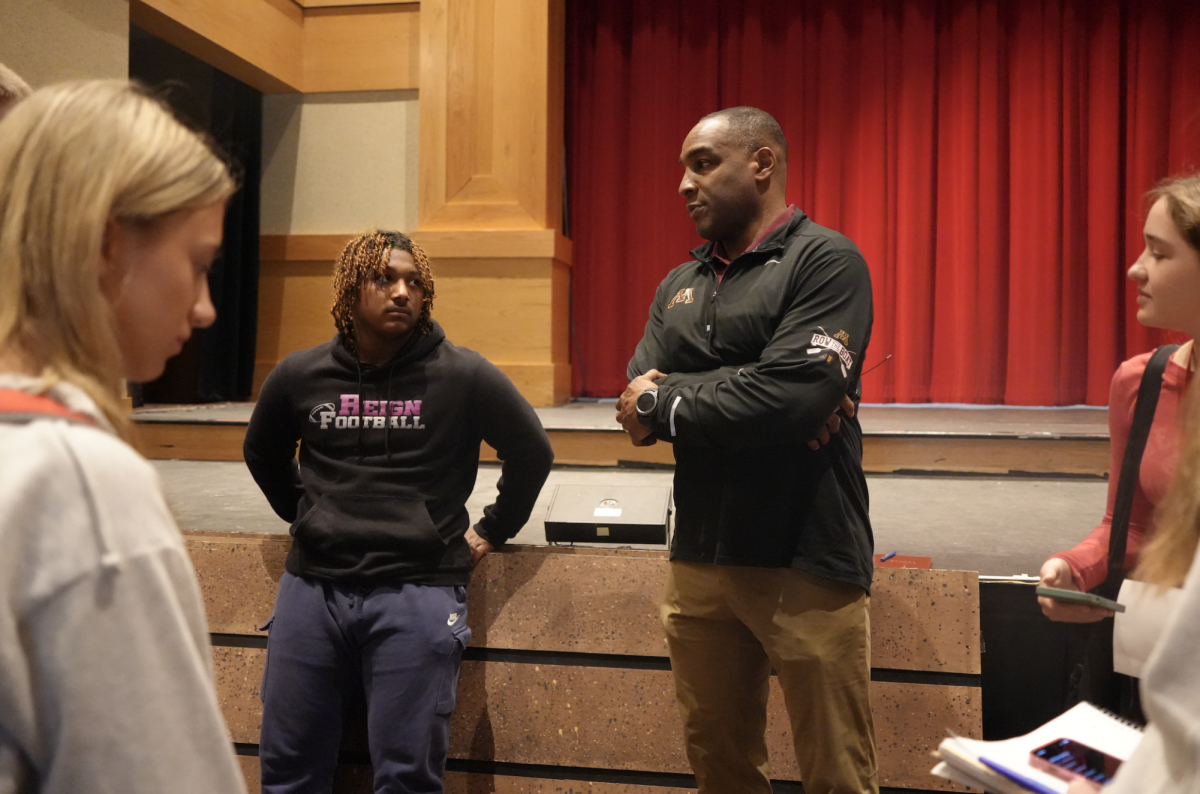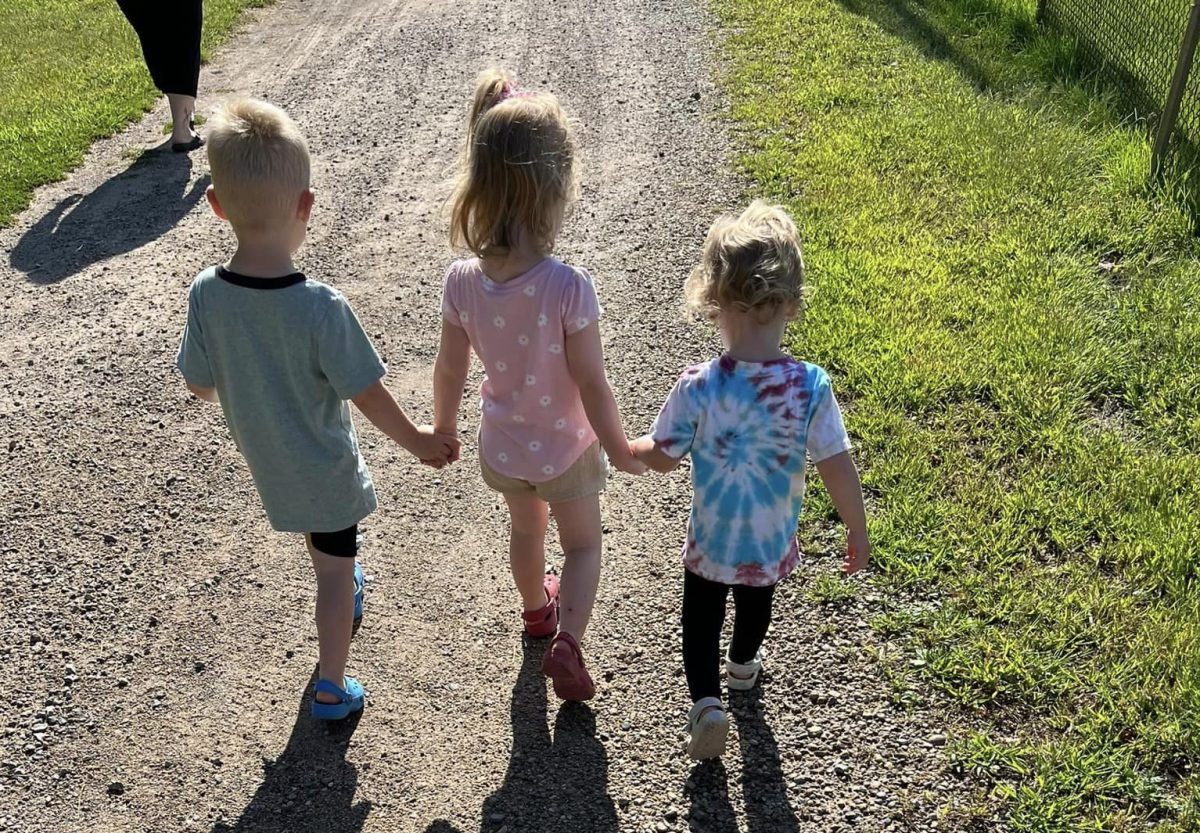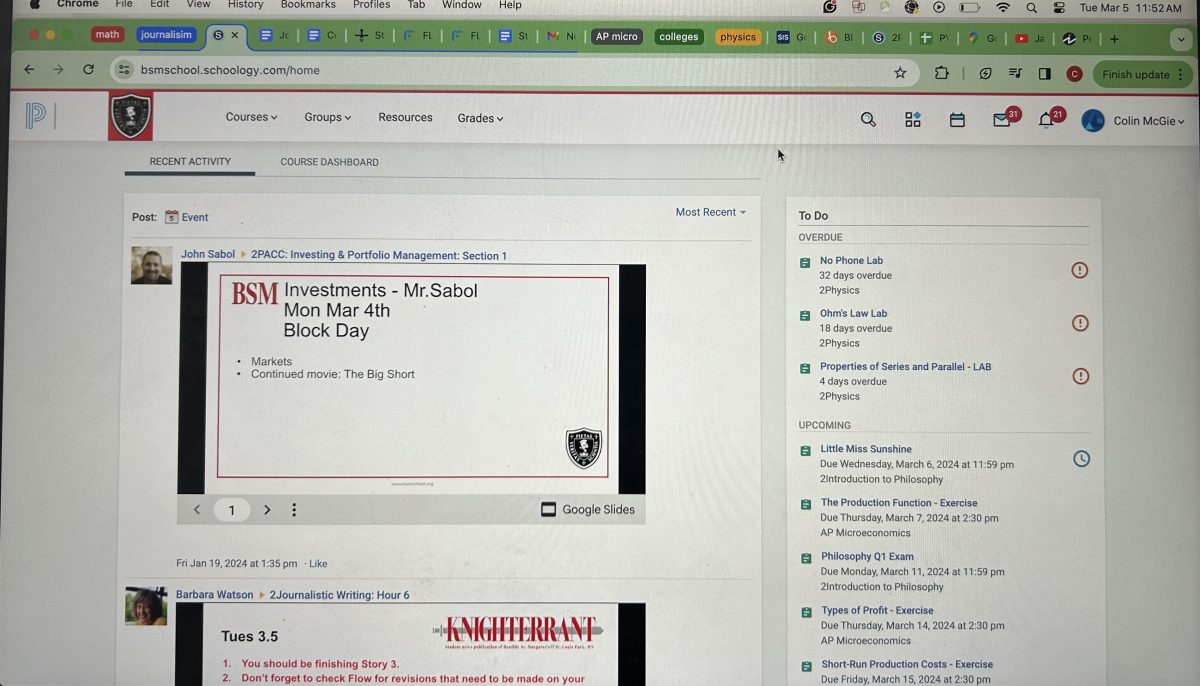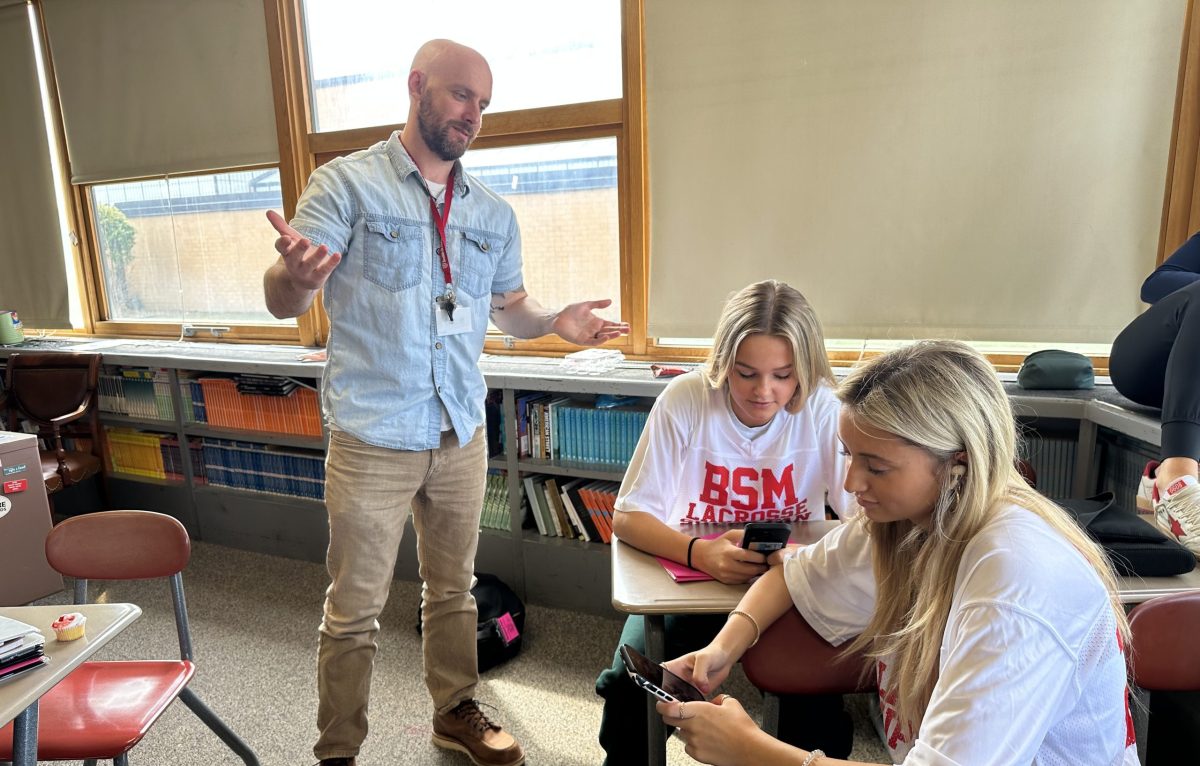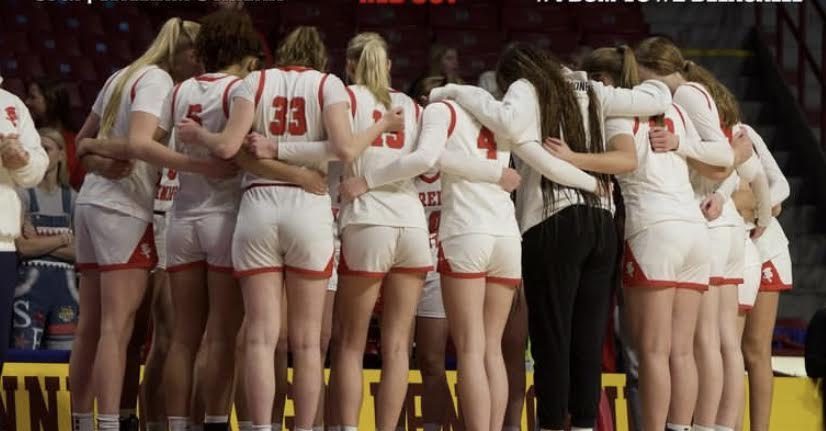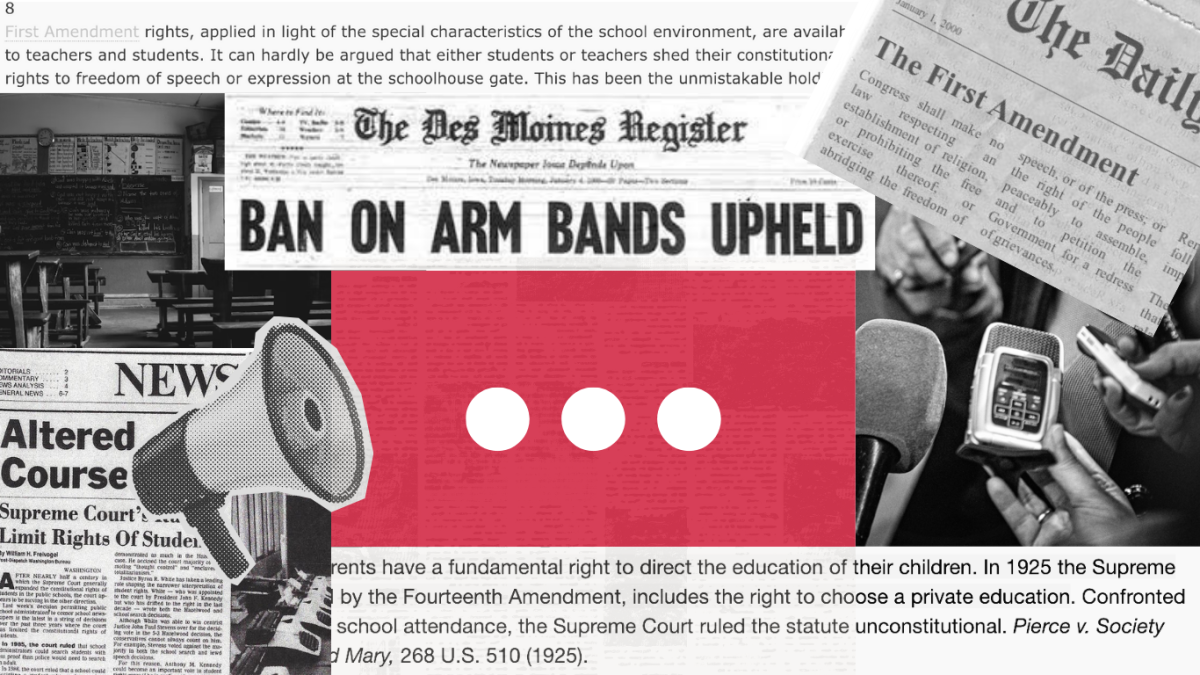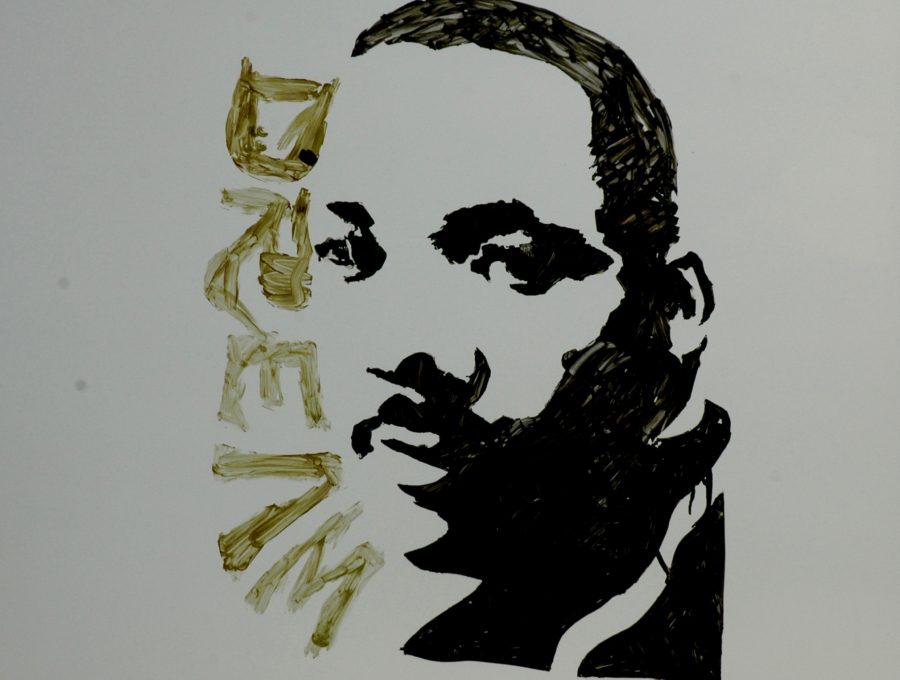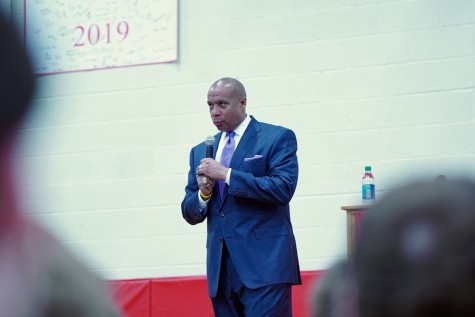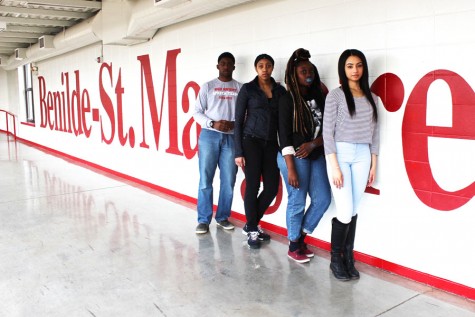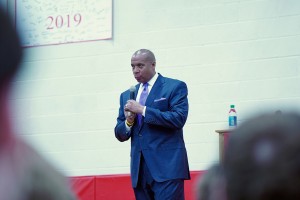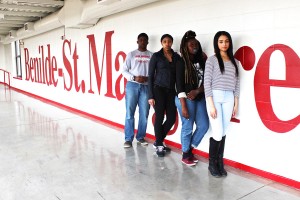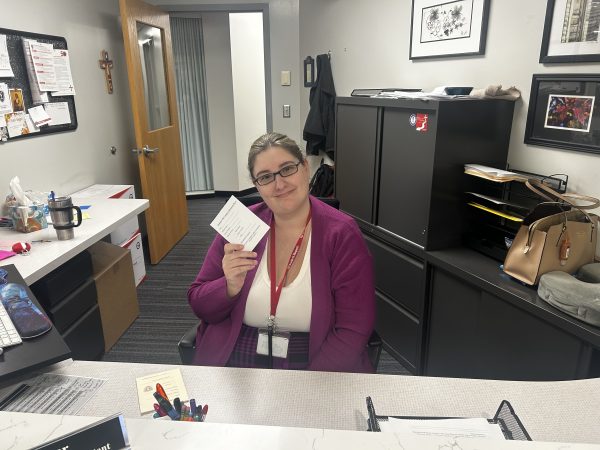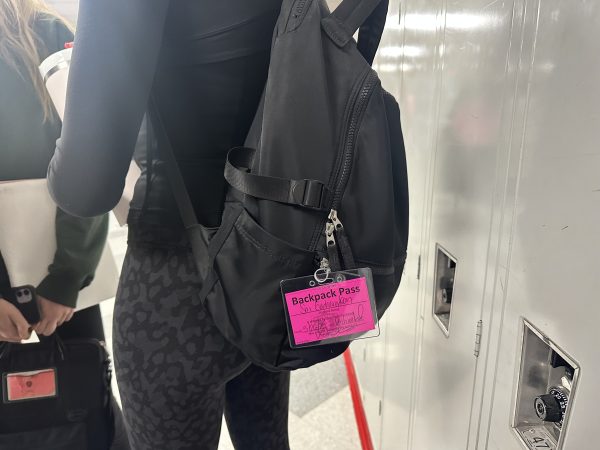Reflecting on Black History Month
KE writer Kailyn Pedersen encourages a celebration of diversity and conversations about race that go beyond Black History Month.
March 2, 2017
As Black History Month comes to an end, I think it is important for our school community to reflect on diversity in BSM, and how important it is to celebrate black history not just in February, but all year long.
With all of the recent political turmoil, race has become a touchy subject. Rallies, anger, and violence divide us into black and white. Conversations about important issues are avoided because of the overwhelming fear of being seen as ignorant or racist. Racial discussions are avoided at all costs, and many people defend themselves by claiming to be ‘colorblind.’
Only through an understanding of the diverse people around us can our school fulfill its mission of becoming one in Christ.
— Kailyn Pedersen
I don’t believe the answer to America’s problem with race is for more people to be ‘colorblind.’ These people claim not to see or acknowledge race, and therefore, ignore it, which should not be encouraged. This only worsens the problem. Race is an integral part of humanity; it isn’t something that anyone should be ashamed of, and it isn’t something that we should ignore. Diversity should be celebrated, and this is why I believe that Black History Month is so powerful.
This month isn’t about helping more Americans ‘forget’ about race: this is a month to cherish, admire, and honor it. It is not a time for just black people to celebrate; America comes together as a country, to universally praise the hardships and achievements of black people in the past and present. Along with being a celebration of the achievements of black people in America, Black History Month is also a tribute to diversity, equality, and moving forwards from our country’s harsh past, and it shouldn’t be forgotten after February 28.
This February, BSM’s focus on black history, art, achievements, and culture became prominent in a wonderful way. As students traveled between classes, they were surrounded by windows and walls that displayed black culture. Many teachers used February as an opportunity to educate students about the black people who have founded our country, overcome racial barriers, and contributed to society and our history. However, it is not enough to highlight these wonderful people and accomplishments in February alone; there needs to be a celebration of diversity and acceptance that lasts year round.
Throughout this school year, BSM has instituted affinity groups for the many diverse students at BSM. I think this is a wonderful way to encourage and celebrate the diversity of our students, but I believe that as a school community, we can do even more. We, as a school and even as a country, cannot celebrate something we don’t understand. We can’t eliminate the things that separate our country, such as casual racism, if many do not even understand why it is wrong. I believe that the affinity groups at our school should have open discussions with people of other races or diverse backgrounds so that they can spread awareness and understanding to people who do not share the same culture.
I hope that we can come together as one school to learn about and celebrate black history. Race should not be a taboo topic; I encourage students to ask questions about what they don’t understand. Only through an understanding of the diverse people around us can our school fulfill its mission of becoming one in Christ. All Americans and students at BSM should unite and honor black history, because it isn’t just black history, it is our country’s history.


